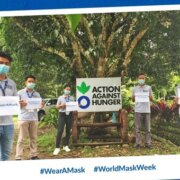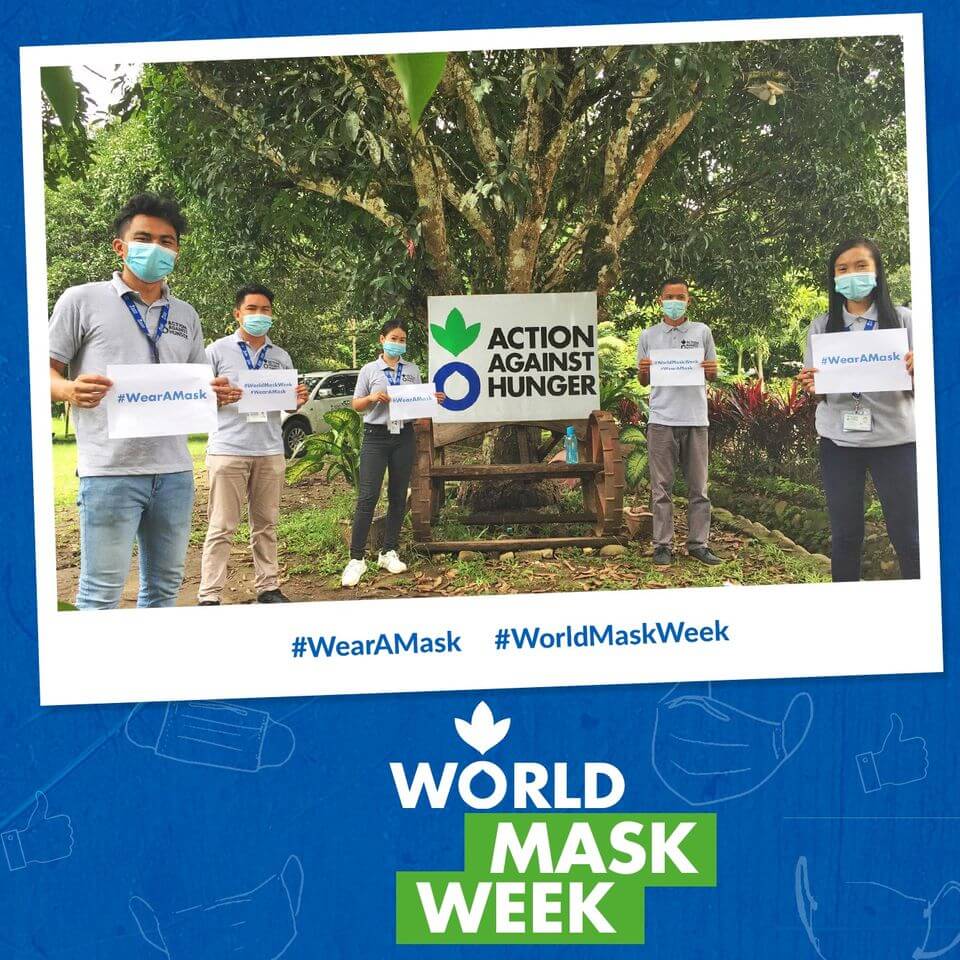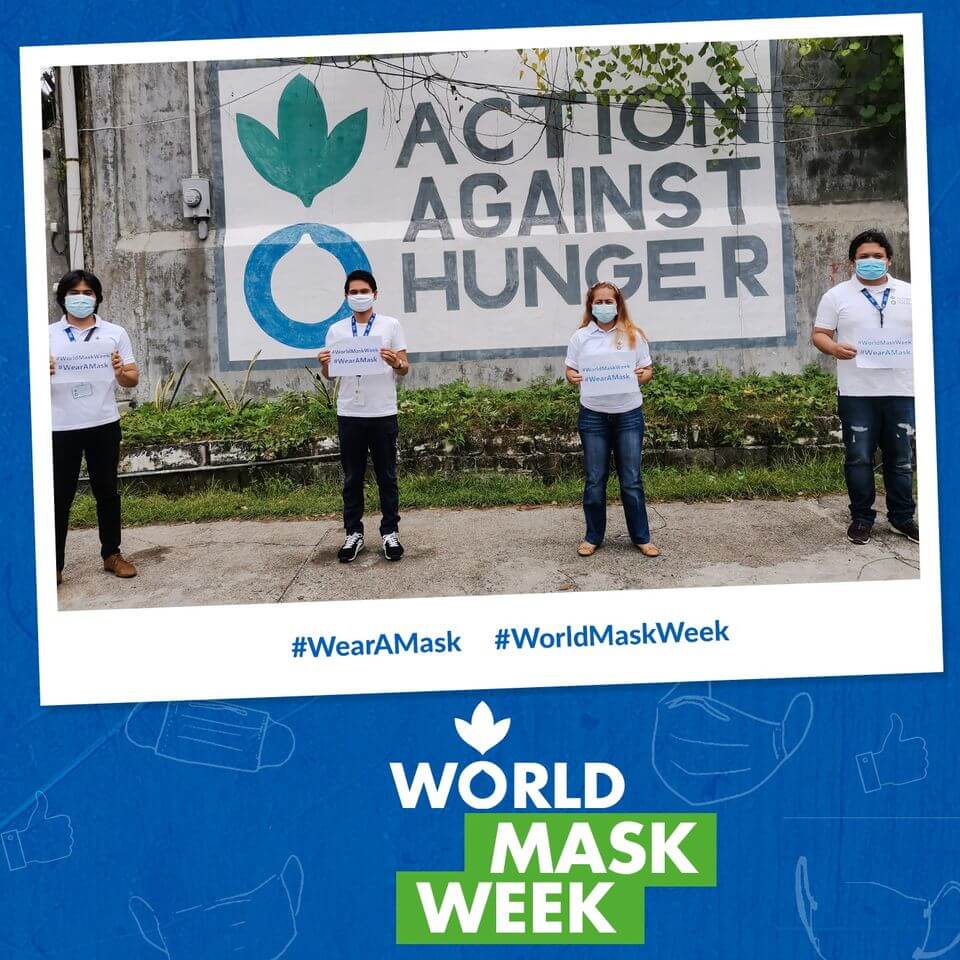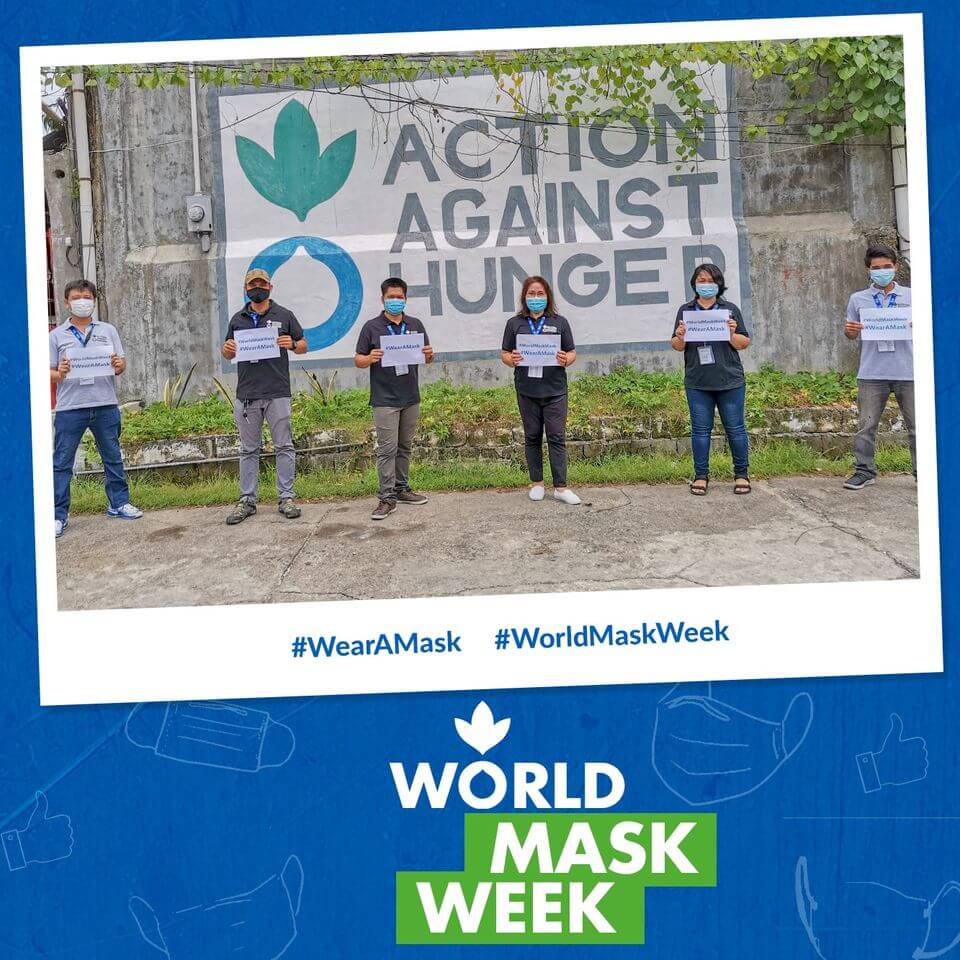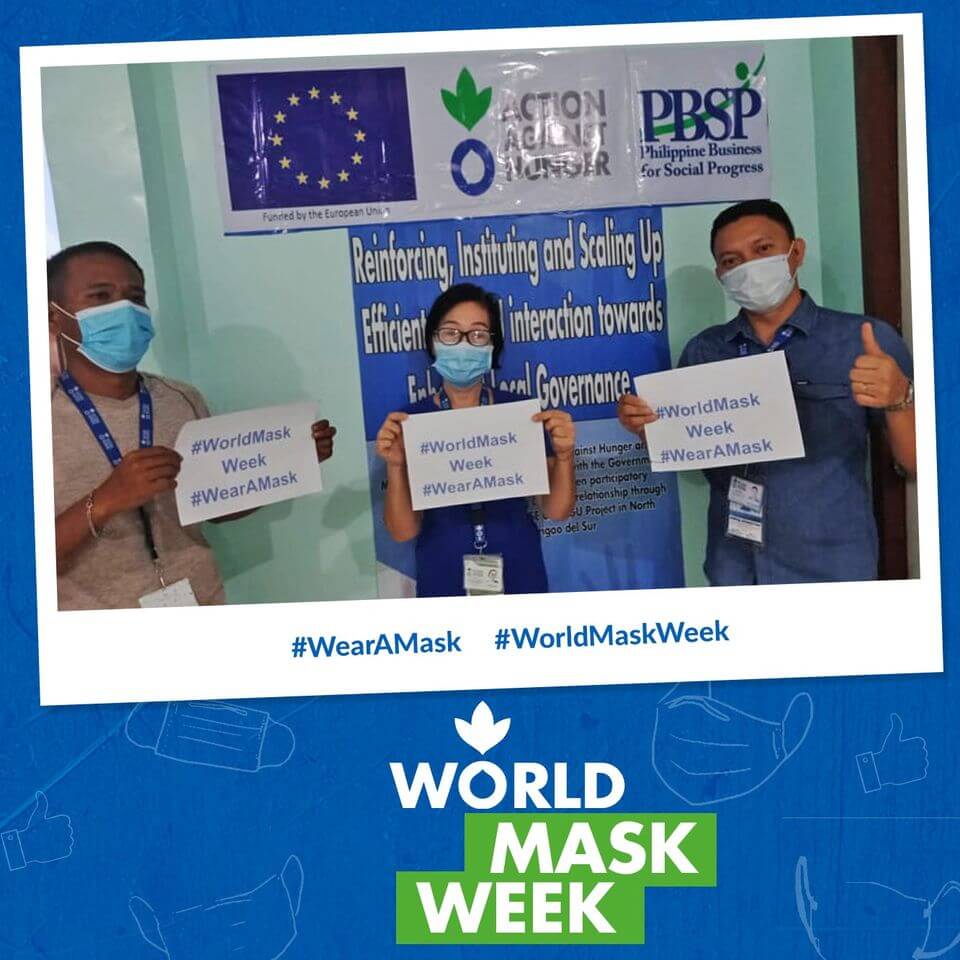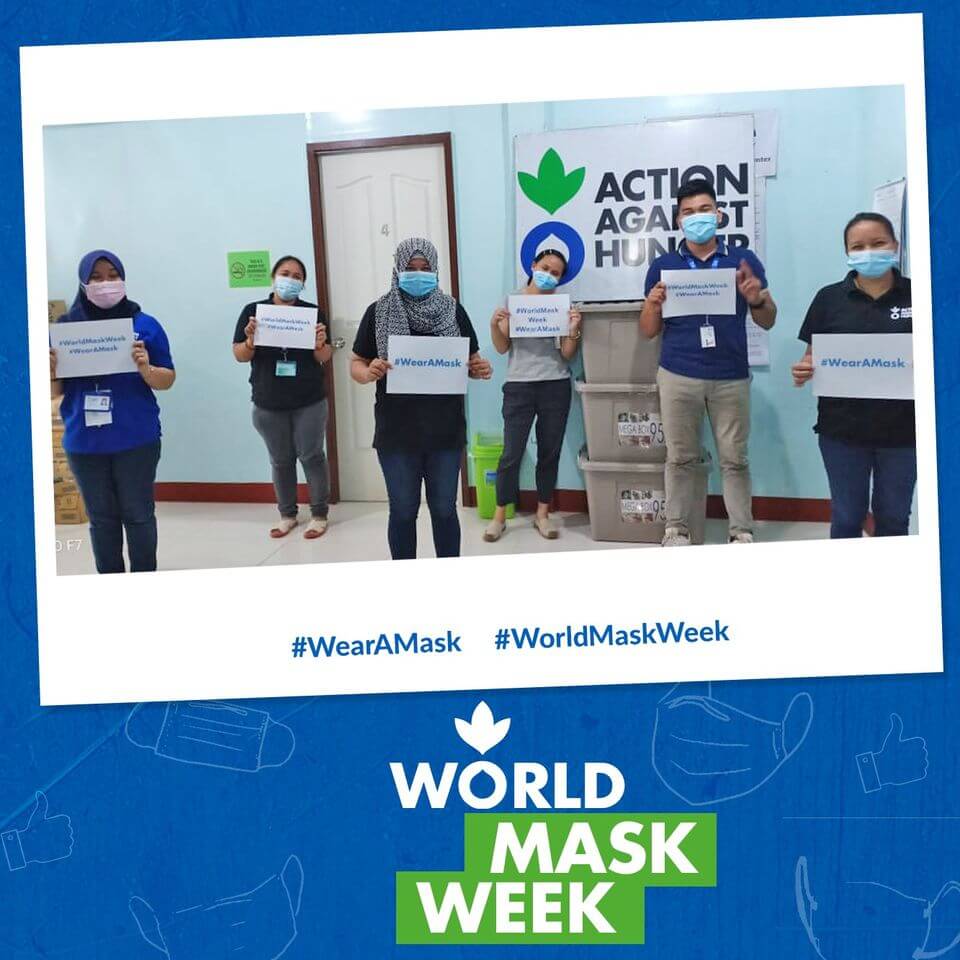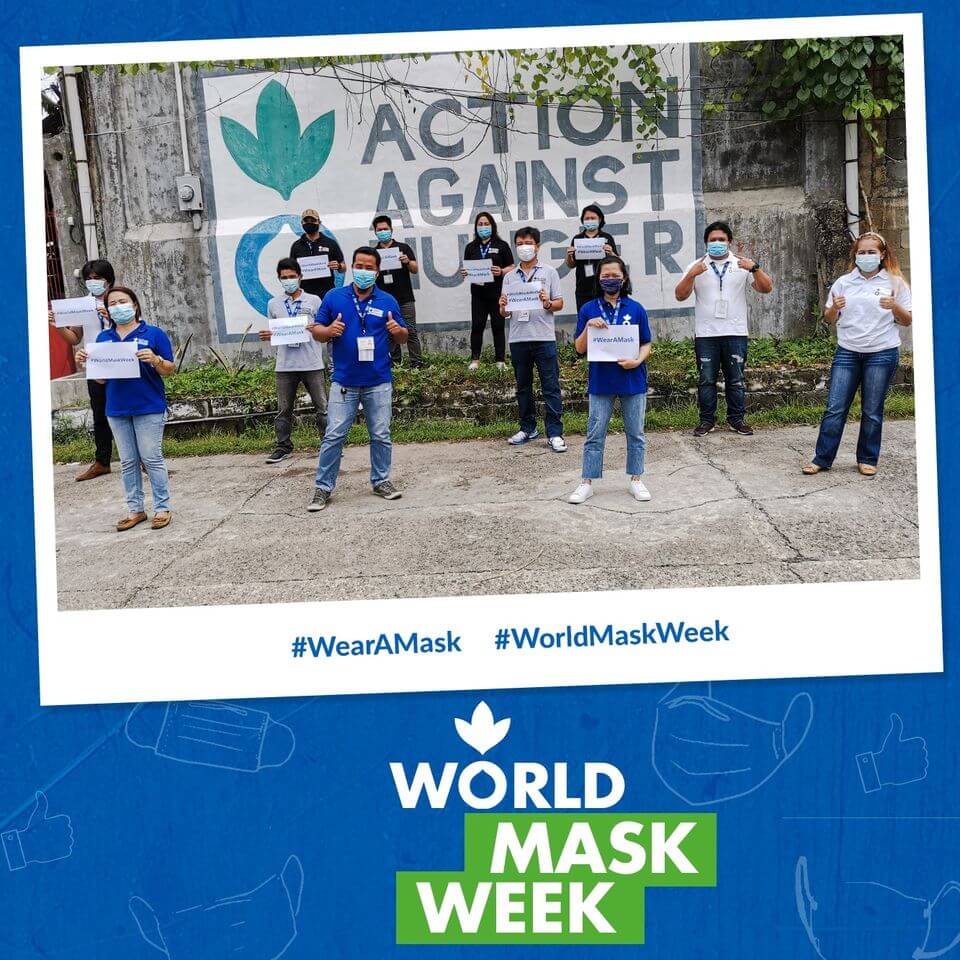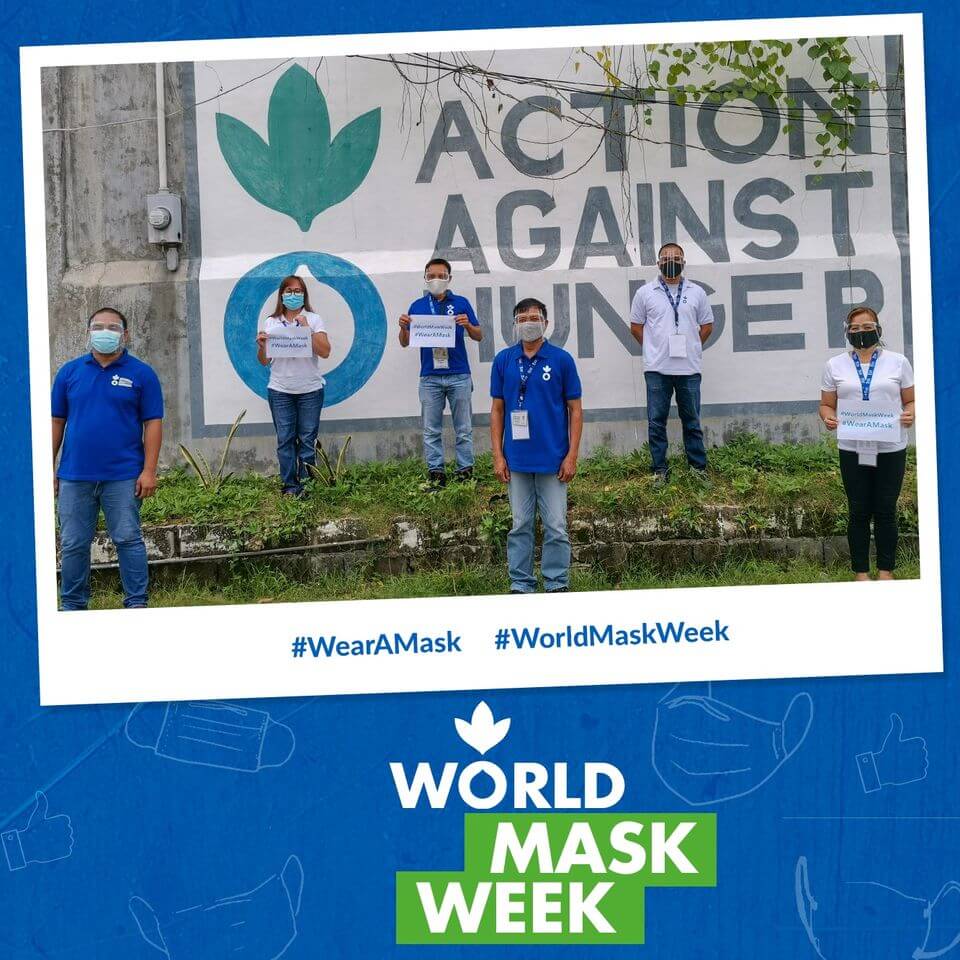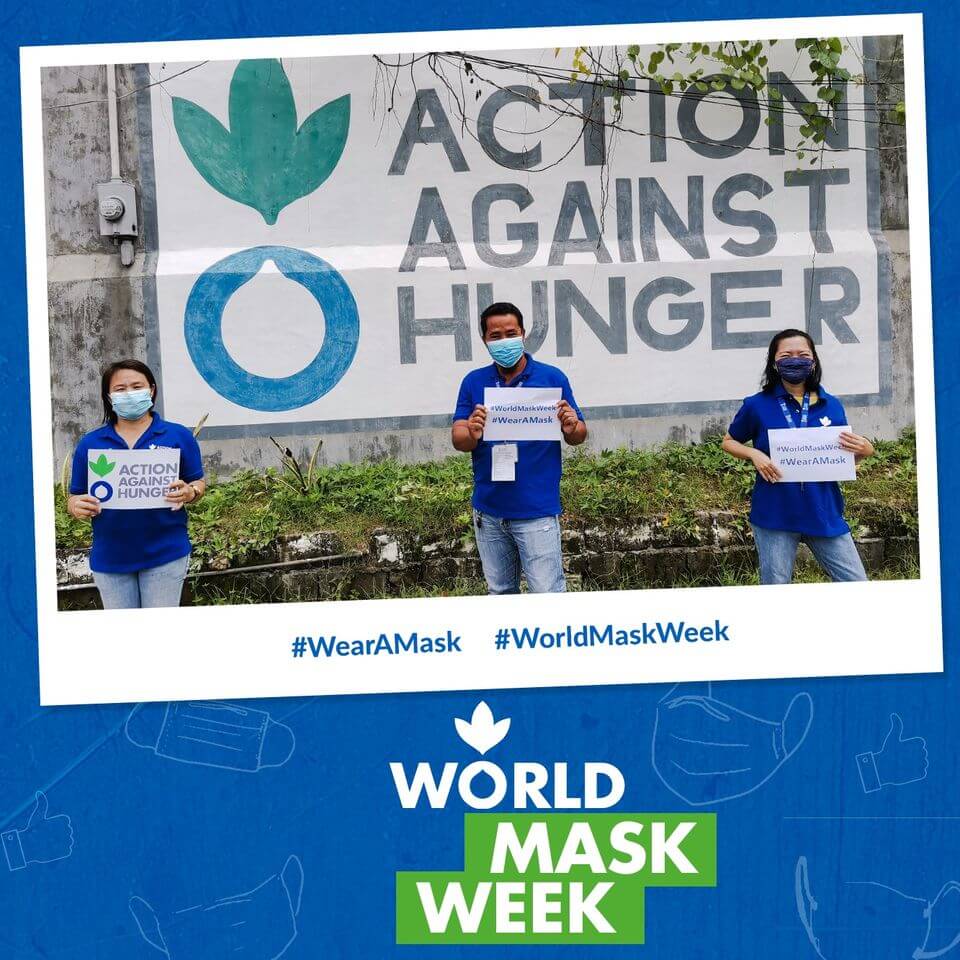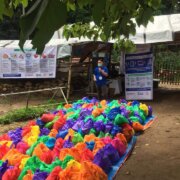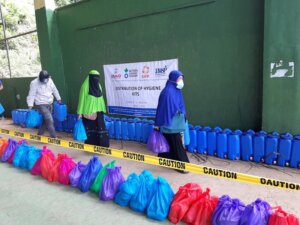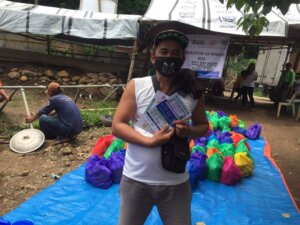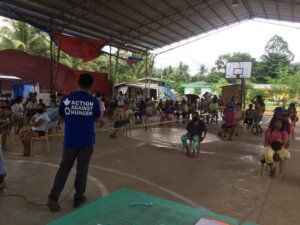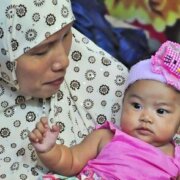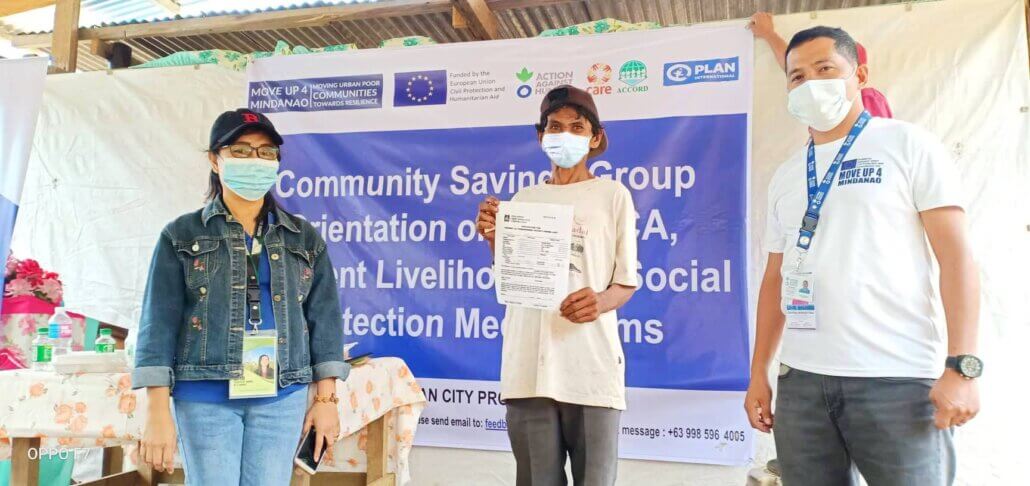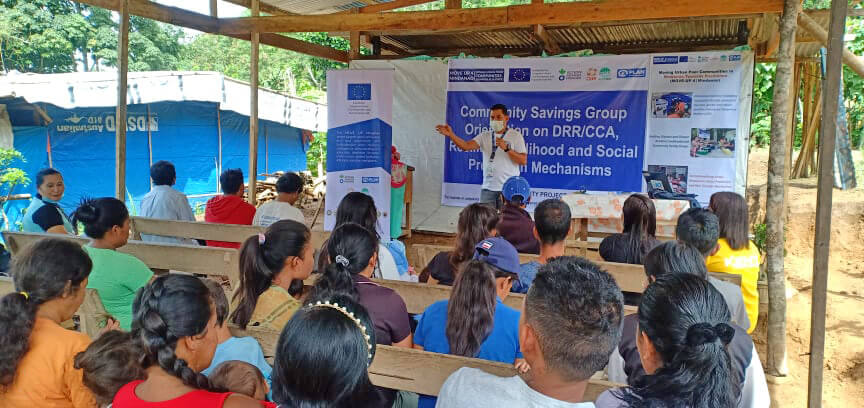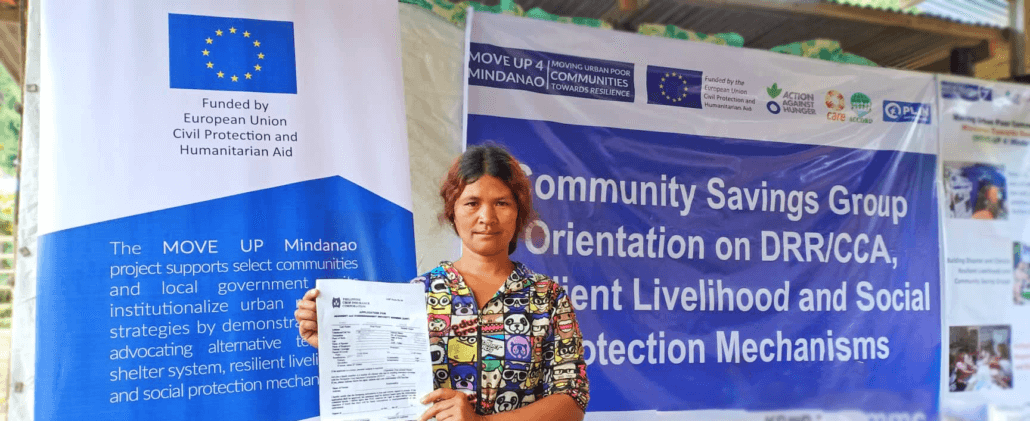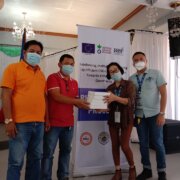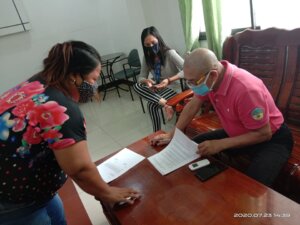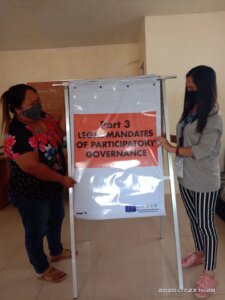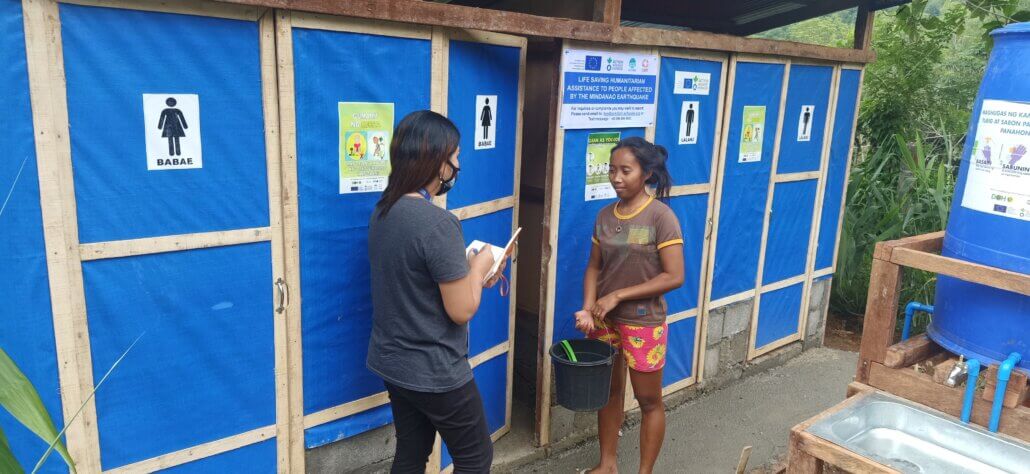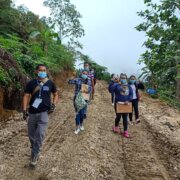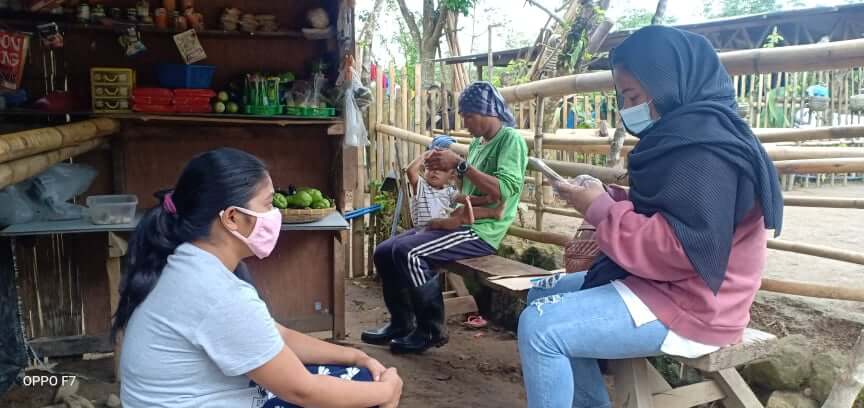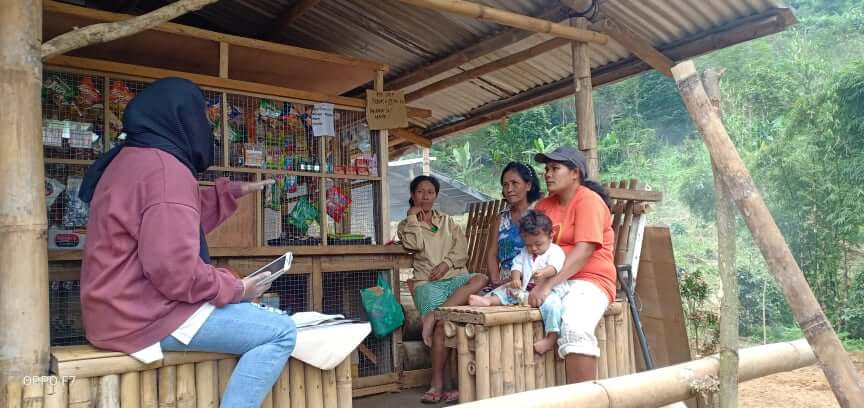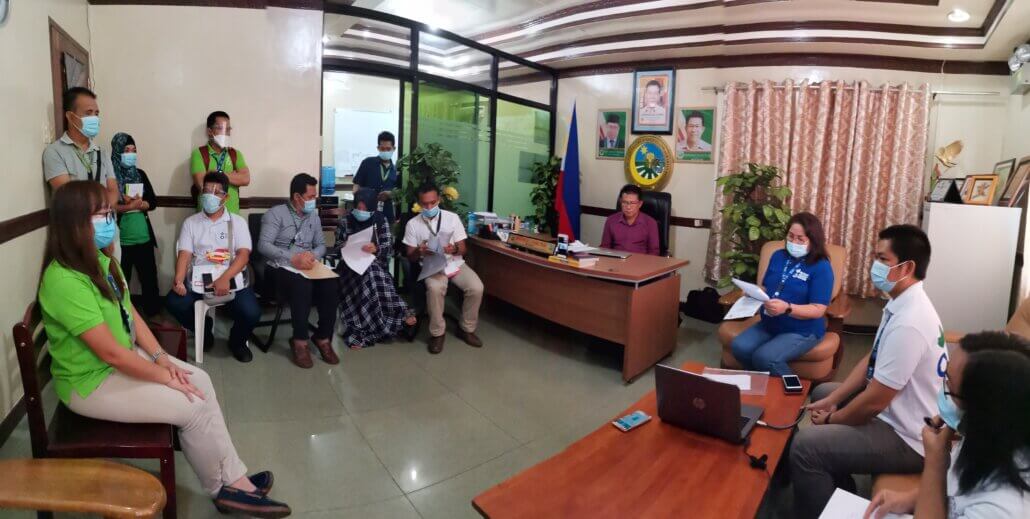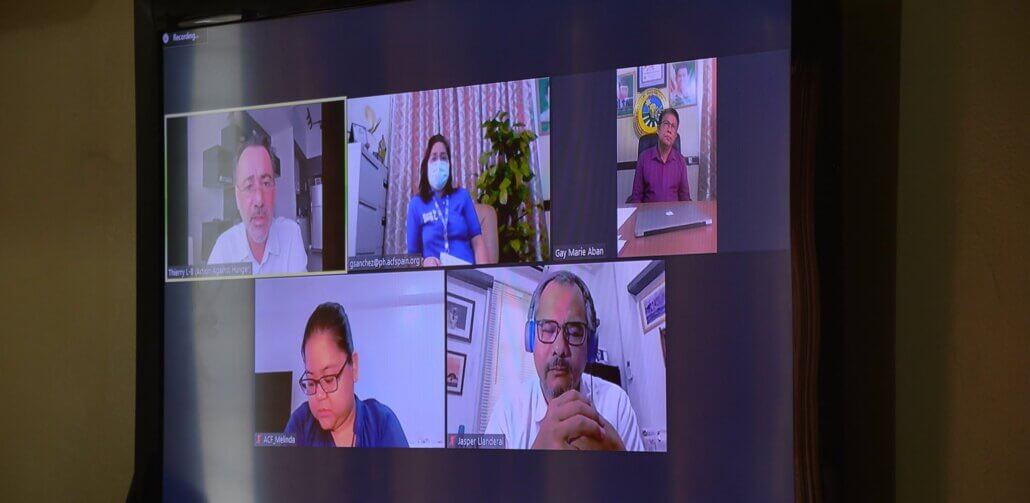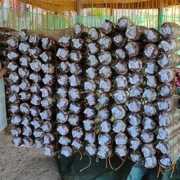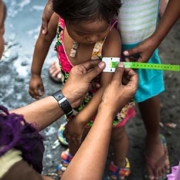In 2015, MATATAG, a 98-member women-led community savings group Cluster Level Association (CLA) in Hugom, San Jose, Batangas started a mushroom production business after attending a Mushroom Production Training conducted by the Southern Tagalog Integrated Agricultural Research Center (STIARC) and the Municipal Agriculture Office (MAO) of San Juan, Batangas. Full of eagerness, they were able to start their first mushroom house using light materials. The former barangay captain lent them a space where they constructed the grow house. They started with 250 fruiting bags producing weekly harvest of at least seven kilos of fresh oyster mushrooms. Even with minimal produce, they were eager to introduce their products to the barangay.
By 2016, they needed to relocate and construct a new mushroom house in Sitio Biga since the owner needed the original space lent to them. Here, they were able to produce 800 grow bags in 6 months. In February 2016, STIARC introduced four varieties of oyster mushrooms and provided additional 2000 fruiting bags as assistance to the group. The following year, another 1,500 fruiting bags were provided. STIARC continued to support the group until 2018, providing materials that were unable in San Juan, in addition to technical assistance.
In November 2018, MATATAG began constructing a new mushroom house with their share of ₱50,000 and a grant amounting to ₱456,000 from STIARC. The house was finished in February 2019 and they were able to grow 5,000 fruiting bags but only 3,000 were harvested due to the hot temperature inside the house. In the original building plan from STIARC, the mushroom house did not include the needed insulation system which caused low production. Because of this, the business slowed down and was no longer growing. The low revenue, profit, and remuneration for working members of the group took its toll and manifested in the members’ low morale, lack of motivation to put more hours in the business, and lesser cooperation among each other.
By September 2019, the CLA participated in Action Against Hunger’s Resilient Livelihood Workshop, a component of the ‘Improving Resilience of the KNH NGO Partners to Natural Disasters Phase 2’ (I-Respond 2). The workshop proved to be the turning point for the group. They learned how to improve their business to become resilient amidst existing risks and impending hazards. They saw that all is not lost in the business that they started four years prior. The workshop further strengthened the connection between the disasters and livelihood in the context of resilience. Disaster and business were not new to the organization, as workshops were conducted prior to the livelihood workshop; however, the knowledge how to make their business more resilient towards disasters was the missing link. The realization that the negative effects of disasters especially on their livelihood are primarily due to human choices, the lack of understanding of their risks, and the lack of preparedness fueled their motivation to integrate resilience strategies in their business plan. The knowledge and tools they acquired from the training have therefore been used to implement different mitigation efforts to enhance their resilience.
Furthermore, the Resilient Livelihood Training allowed them to analyze their business and manage it efficiently. This made them realize the potential of their business, and if effectively managed, can provide a livelihood for all the members. The training also made the women members aware of the importance of working together and in the process increase the level of motivation amongst them. Experiencing the training had the working members stepping up and putting more effort into making the business flourish again as manifested by the members more active participation in the governance and operations of the business after the training
The CLA members were excited about the newly regained growth of the mushroom production business, which now allows them to start paying salaries for the 30 members working in the production of the mushrooms. The additional seed capital of ₱50,000 received from Action Against Hunger helped exponentially in regaining their growth by enabling them to buy essential to the business inputs and supporting administrative and labor costs.
Now, the CLA is motivated towards creating a more resilient and sustainable livelihood. Through the mushroom business, the CLA is optimistic that it will be able to provide support to the needs of its 98 women strong membership in the following years. They planned to expand from fresh mushrooms production to other product derivatives and they now understand that the increase in supply and demand in mushroom and its derivatives are key in doing so. The then CLA started to expand their production capacity by advocating mushroom as a viable livelihood option and teaching other barangays how to grow mushrooms. They continued this as an effort to involve more communities in their journey to create a resilient livelihood and better life for all.
The group was able to restart with 2,500 fruiting bags and started to expand their mushroom products to crispy mushroom chicharron with different flavors. By March 2020, they harvested 65 kilos with 1,200 bags worth ₱20,000.
Rowena Villarin, the Treasurer of MATATAG, in reflection to their group’s experiences shared, “when handling a business, you have to be focused and be prepared for any struggles that may come along. Never give up.”


